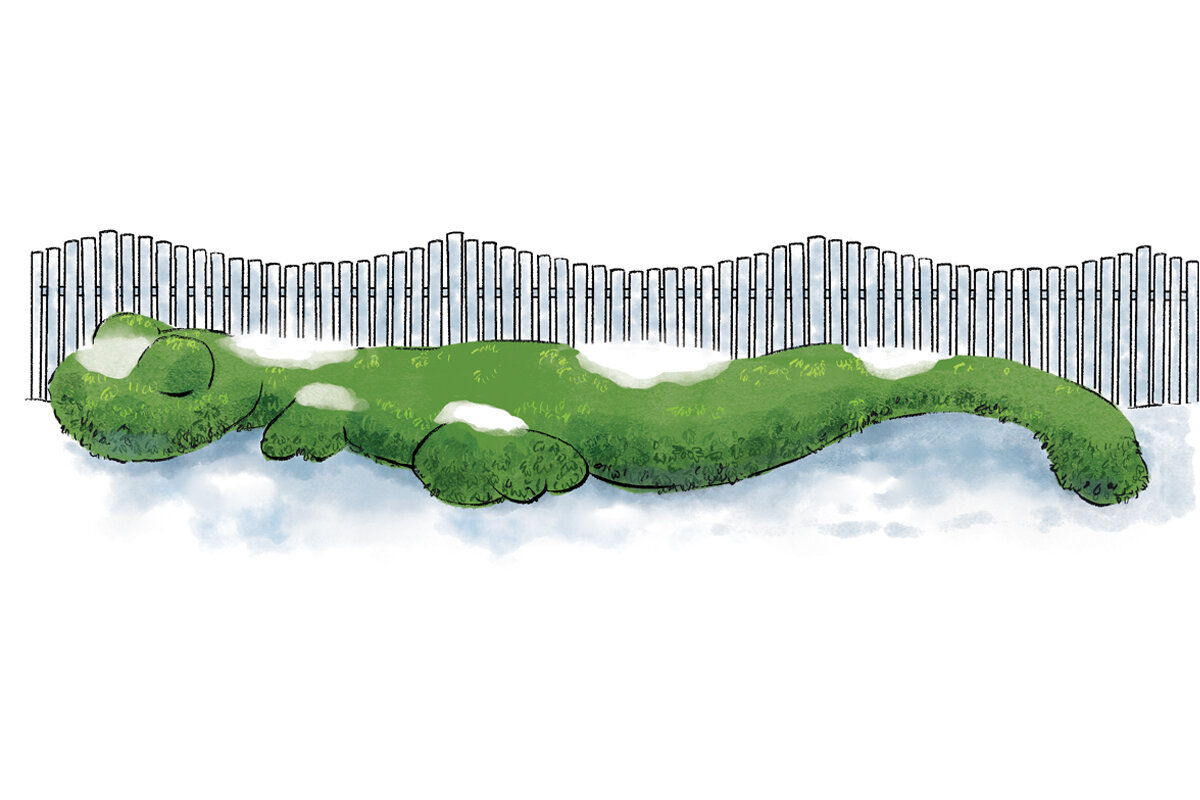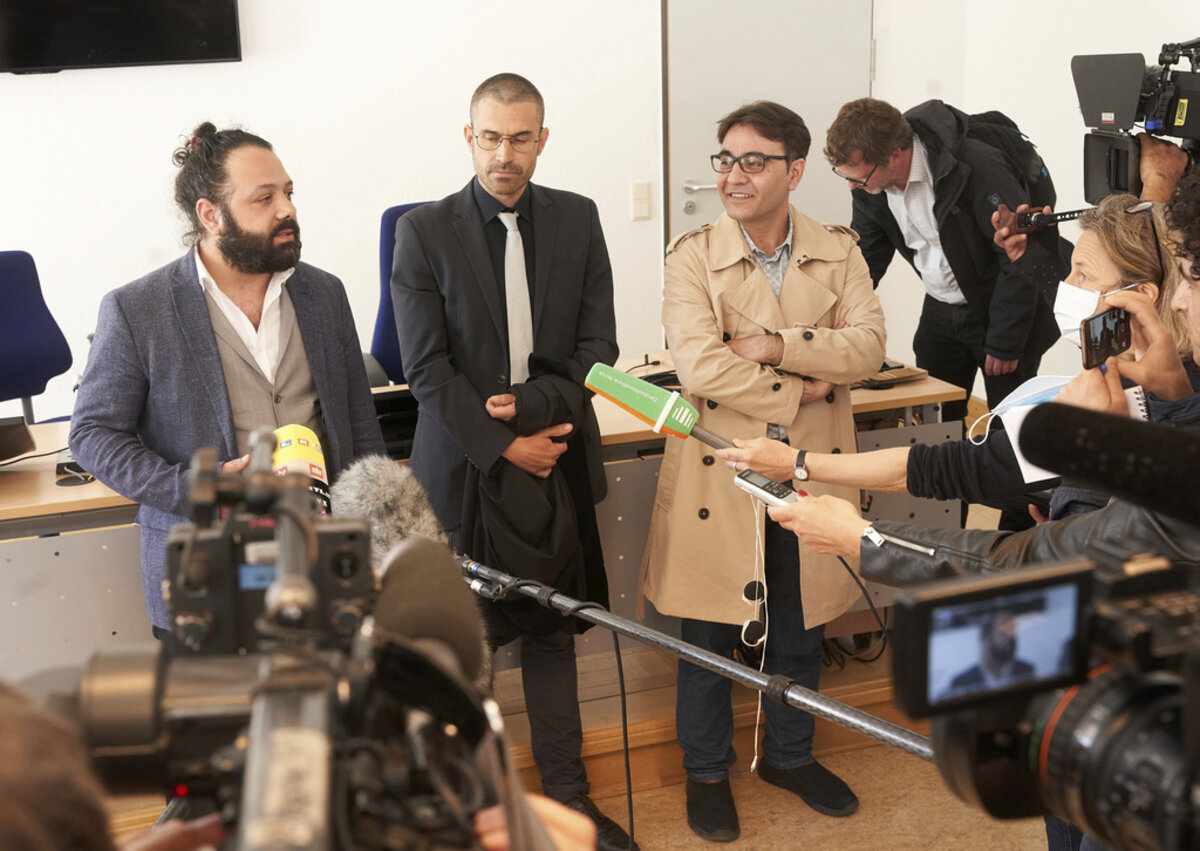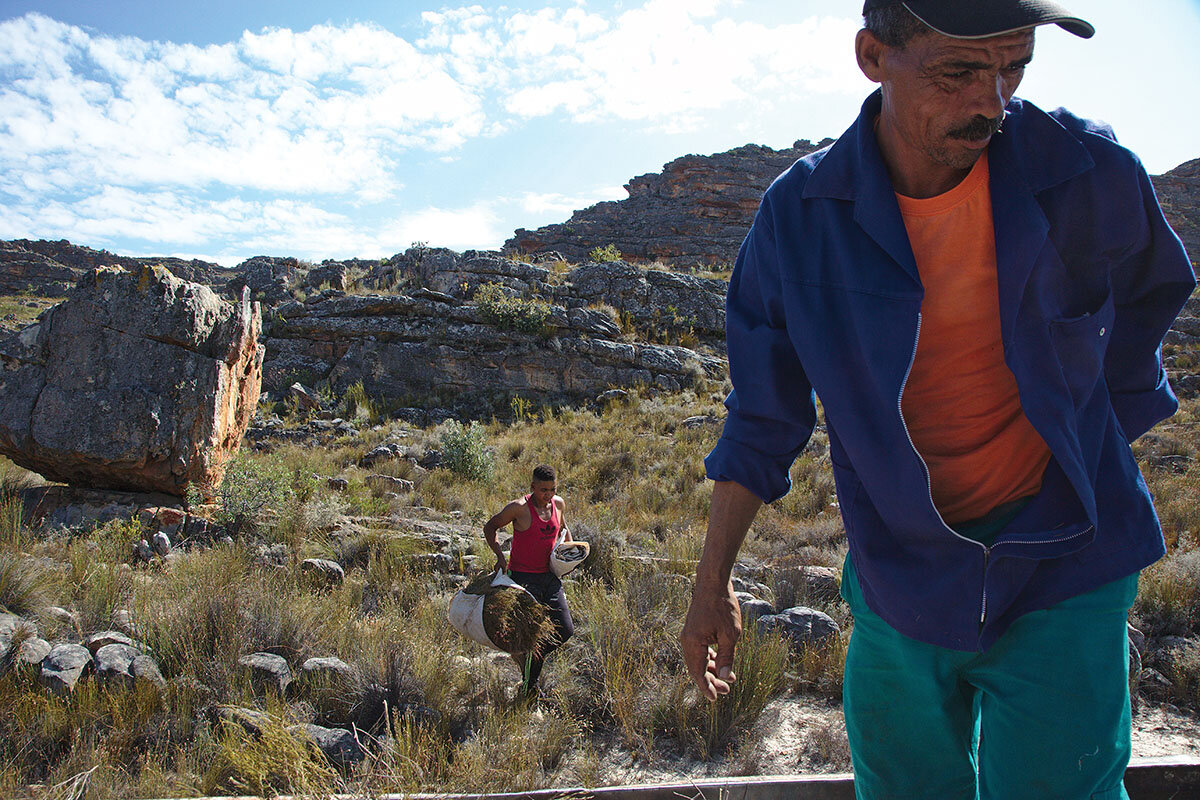Monitor Daily Podcast
- Follow us:
- Apple Podcasts
- Spotify
- RSS Feed
- Download
 Linda Feldmann
Linda Feldmann
What’s a fair wage? Back in the 1970s, a teenage girl in suburban Boston could make 75 cents an hour babysitting – or $1 an hour if the “employer” was more generous. Her brothers would make several times that for snow-blowing people’s driveways.
That, of course, was the informal labor market, and not about a living wage. (The gender disparity was – and is – another issue altogether!) Today, America is deep into a debate about its federally mandated minimum wage – currently $7.25 an hour, where it has sat since 2009.
The Democrats want a phased increase to $15 an hour by 2025, but they are unlikely to get it as part of their $1.9 trillion COVID-19 relief bill. Thursday night the Senate parliamentarian ruled that the $15 provision cannot be included in that chamber’s version and still allow passage by a simple majority.
And so the debate will go on. Costco made headlines this week by announcing a raise in starting pay to $16, not out of “altruism,” the CEO said, but because it “makes sense for our business.”
Some employers say they’d have to cut payrolls to accommodate the higher wage. The nonpartisan Congressional Budget Office estimates the $15 plan would cost 1.4 million jobs by 2025 even as it lifts 900,000 people out of poverty.
Democrats and Republicans alike are putting forth their own ideas, each highlighting the values that they say wage decisions need to embrace. It’s a discussion well worth having.










